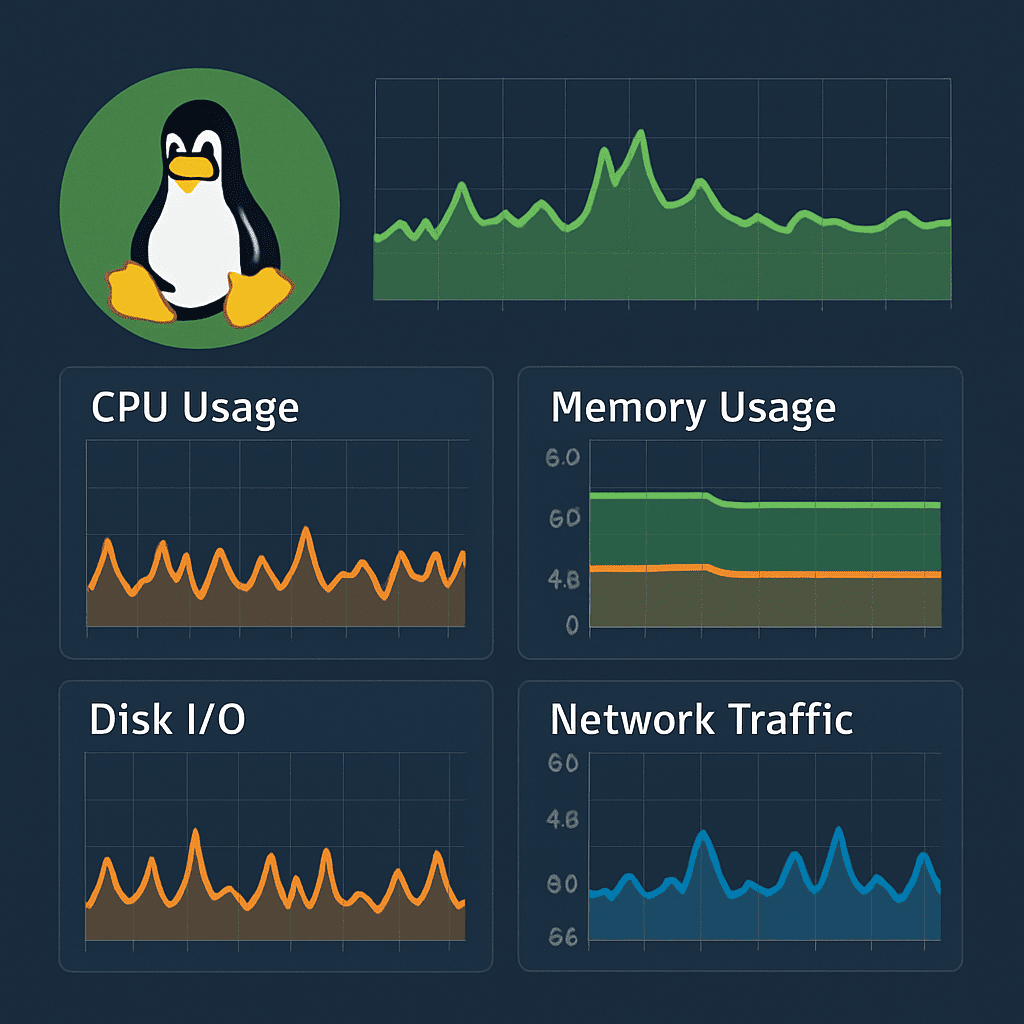
VPS (virtual private server) is a part of a remote server, which is something between a full-fledged physical device and a cloud service. It is accessed via an Internet connection, providing the user with many possibilities. On the disk space can be placed a variety of information and applications, as well as use VPS as a server part for the site.
Differences between VPS and shared hosting
Unlike a cloud service, a dedicated server environment has its own OS, dedicated physical space on the hard disk and RAM. This significantly increases the speed of data access, unlike the usual remote storage, where performance is determined by the number of connected users and overall workload.
In addition, virtual private server provides the possibility of flexible customization. The administrator works with it as with a regular hard disk, having access to installing the necessary applications, creating directories and manipulations related to administration.
All this determines such advantages of use as:
- flexibility – one can customize the system to best suit his specific tasks;
- high speed – due to the availability of separate resources;
- security of stored data.
Among the disadvantages – the cost and certain complexities of interaction with the server, requiring specific knowledge and skills.
In what cases it is advisable to use
It makes no sense to rent a virtual private server, if it is a project that does not have high requirements. One-page web pages and elementary information bases can easily work on shared hosting. At the same time, the support of resource-intensive applications, placement of online stores and other loaded sites requires the use of a more powerful tool.
Transition is advisable in the case of:
- too slow operation of the existing site, when it takes more than 4 seconds to load;
- increased requirements to information protection;
- the need for specific customization;
- the need to create a corporate infrastructure.
In other words, it is appropriate when you need high performance, fast response and reliability, as well as the processing of some scripts that is not done on digital storage.
Types of virtualization
The type of virtualization determines the approach to partitioning physical storage between a number of its parts. Which technology is used determines the performance, interoperability and flexibility of the configuration.
There are the following varieties of resource partitioning:
- software-based (OpenVZ);
- hardware (KVM, VMare, Hyper-V).
Software – provides direct client-server interaction. It provides fast speed of information access, is easy to configure and is characterized by cost-effectiveness. However, its abilities may be somewhat limited
Hardware – fully emulates each individual virtual machine. This requires resource costs and may slow down the system somewhat. However, it provides a number of significant advantages: from OS replacement to complete isolation of a separate part from third-party interference.
Differences between VPS and VDS
VPS(virtual private server) and VDS (virtual dedicated server) are identical concepts, differing only in the type of emulation. The first is often defined as a dedicated server with software technology, and the second – with hardware technology.
We have already discussed some of the differences, however, let’s summarize:
- Virtual private server provides partial isolation of storage with the possibility of distributing it among users, work is limited to the use of the installed operating system; has a medium level of security;
- Virtual dedicated server guarantees strict control, allows you to make any edits and configuration of the OS kernel, guarantees protection of stored information from third-party interference.
Thus, if you need a really reliable technology with flexible system settings, VDS is in the lead. If the priority is the speed of interaction, then software space allocation wins in this matter.
How to choose?
Choosing a digital server, you should take into account the purpose for which you will use disk space. Depending on this, pay attention to the following characteristics:
- available volume on disk – always take into account the scaling of your project, therefore, choose storage with reserve;
- type of drive – SSDs are more efficient;
- RAM size – determines the speed of access;
- channel bandwidth – necessary for creating video streams;
- CPU parameters;
- types of operating systems used.
It is important that the administrator always has access to the support service of the provider. Despite the high level of reliability of technology, trouble can happen at any time. And stopping a resource for a long time is a serious loss, especially when it comes to critical infrastructure or a large business.
Conclusion
VPS is a good modern tool. It compares favorably with standard types of shared hosting, significantly improves security and guarantees stable operation. A high-quality dedicated server is the optimal solution for corporate systems that require the support of voluminous databases and large online stores, the functioning of which cannot be realized through simple cloud services.


